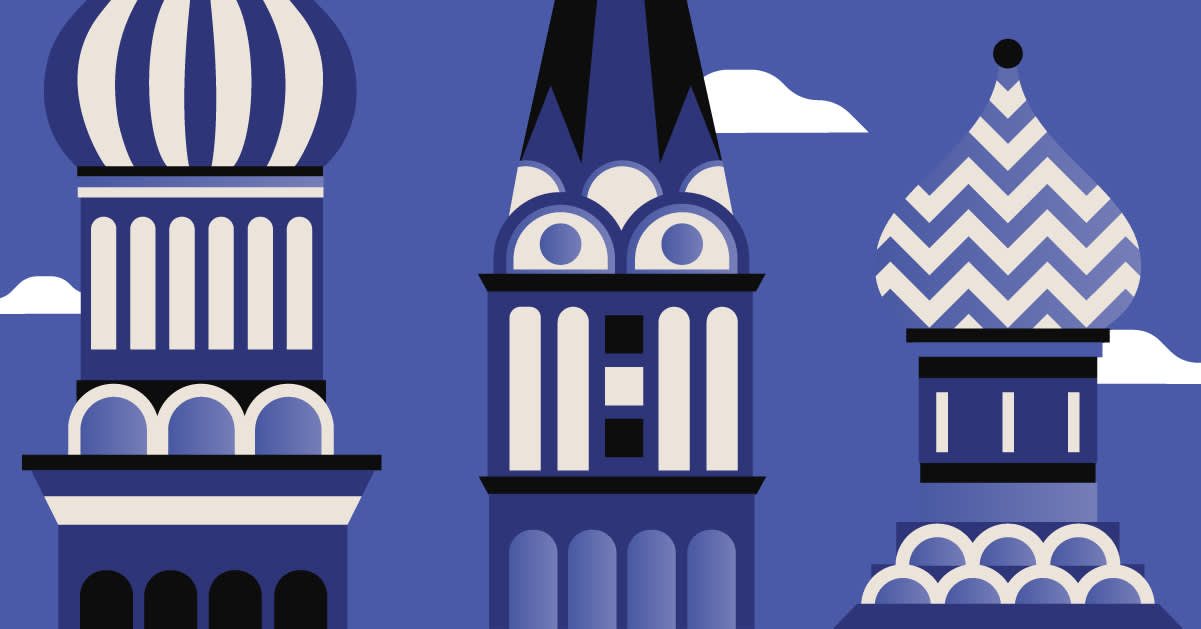Russia is a sprawling country with a rich and complex history, which is reflected in its literature. While many English-speaking listeners may be familiar with some of the famous classic Russian novelists and short story writers, a growing number of contemporary Russian books are finding new audiences in translation. Whether you’re keen on brushing up on classic Russian literature or you want to find a new author to explore, we’ve done the tough job of rounding up just 13 of the best Russian authors, classic and contemporary, whose work you should know.
1.
Often regarded as the founder of Russian literature, Pushkin was born in 1799 to a noble family. His gift with words emerged early, but also put him in peril. His poem “Ode to Liberty” resulted in his being exiled by the tsar, although he was eventually allowed to come back to court. He wrote many poems and plays but considered his greatest work to be a novel in verse called , about three men and the women they love in 1820s Russia. Pushkin died in 1837 after challenging his brother-in-law to a duel.
2.
Leo Tolstoy is one of the best-known Russian writers, and his novels are considered great classics. He was born in 1828 and lived until 1910. During his lifetime, he penned novels, short stories, plays, and essays. He was nominated repeatedly for a Nobel Prize, although he never won. In the 1880s he underwent a spiritual transformation, which he wrote about at great length, and his philosophies went on to inspire the nonviolent social justice movements of Mahatma Gandhi. His most famous works include (an Audible exclusive narrated by Maggie Gyllenhal), , and . His novels are epically long, but his philosophy books, parables, and essays—including , , and —are more concise and make for timeless nonfiction listening.
3.
Anton Chekhov is considered one of the greatest short story writers of all time and one of the founders of modernism in theater. Born in 1860 to a poor family, he had an unhappy childhood. He studied medicine and often wrote sketches and anecdotes about country life, first to entertain his family and then to sell to newspapers and periodicals. He continued to write, even after becoming a doctor, but it wasn’t until the late 1880s that he began to think seriously about writing as an art rather as a way to entertain or make money. During his time, he often engaged in political writing and became an advocate for the poor and disenfranchised. He died of tuberculosis in 1904, leaving behind a tremendous literary legacy. His include The Seagull, , and readers can experience them with a full-cast performance. Readers can also enjoy Chekov’s short stories in two volumes ( and ), both narrated by Anthony Heald.




